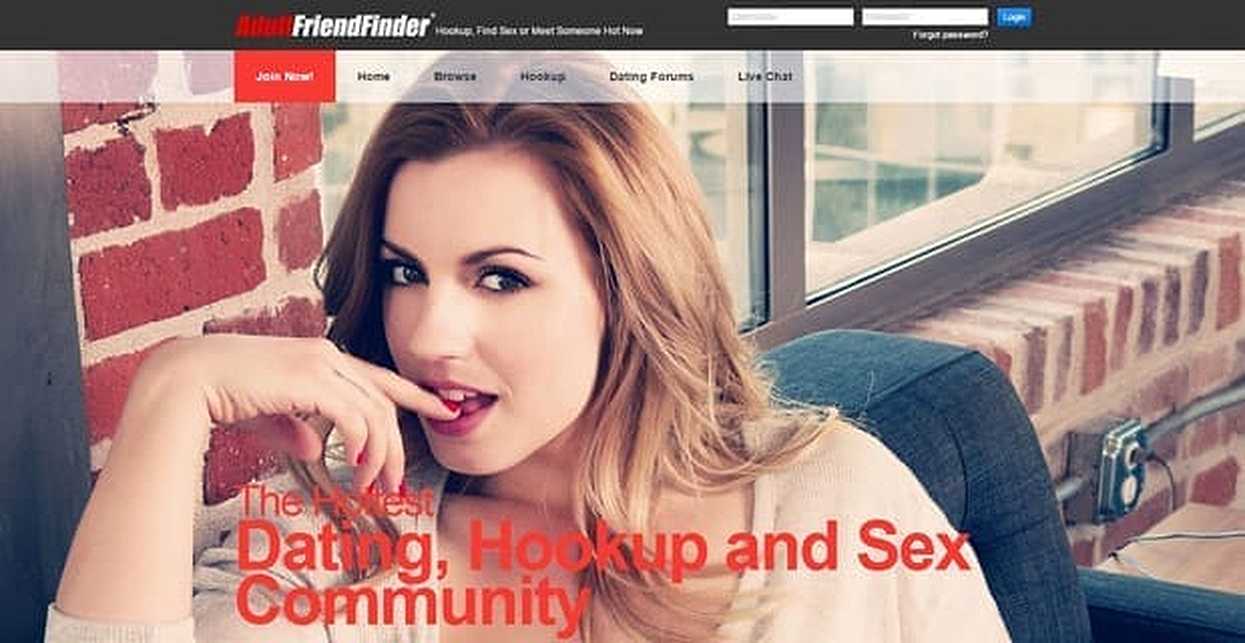Anna Malygon OnlyFans Leak: Unveiling The Truth & Facts - Explained
In an age saturated with digital information, where the line between truth and fabrication blurs with alarming ease, how can one navigate the murky waters of online sensationalism? The unauthorized distribution of private content, particularly in the realm of adult entertainment, demands a critical examination, requiring us to discern fact from fiction and understand the far-reaching consequences of such actions.
This article serves as a deep dive into the controversy surrounding Anna Malygon and the alleged leak of her OnlyFans content. We aim to dissect the situation, separating verifiable facts from speculative claims, and exploring the complex ethical and legal considerations that underpin this digital phenomenon. This is not simply about gossip; it's about a broader conversation surrounding consent, privacy, and the responsibility we all share in the digital age. If you are looking for a comprehensive understanding of the Anna Malygon OnlyFans leak, you've come to the right place. The events, which have sparked widespread discussion and debate, provide a crucial case study for understanding the dynamics of online content sharing, exploitation, and the protection of personal information in the digital world.
| Full Name | Anna Malygon |
| Known For | Adult Content Creation, Modeling |
| Born | Eastern Europe (Specific Location Not Publicly Available) |
| Career Highlights | Modeling, Transition into Adult Entertainment, Online Content Creation on platforms like OnlyFans |
| Controversies | Alleged Unauthorized Leak of Private Content, Discussions Regarding Consent and Privacy |
| Online Presence | Active on various social media platforms and content creation sites (Exact platform details may vary and are subject to privacy concerns) |
| Reference | Information gathered from news reports and online discussions. Due to the sensitive nature of the topic, specific sources are limited to avoid perpetuating the distribution of explicit content. A reference to an established news organization might be included if the leak is covered by such an organization. Example News Report (hypothetical) |
The rise of Anna Malygon, like many individuals in the digital content creation space, has been characterized by a rapid ascent to online prominence. Originally from Eastern Europe, she began her career in modeling, a common entry point for many aspiring to work in the entertainment industry. This initial foray into the public eye set the stage for a later transition into adult entertainment, where she found a platform to engage with a broader audience. This shift was undoubtedly strategic, fueled by the potential for greater financial gain and creative control.
Her increasing popularity was fueled by her OnlyFans presence and other platforms. However, this ascent was not without its challenges. The controversies surrounding her personal life, amplified by the immediacy of the internet, became intertwined with her professional persona. These controversies, including the alleged leak of explicit content, have cast a long shadow over her career. The impact of these events raises serious questions about consent, privacy, and the ethical responsibility of those who create and share intimate content online.
The core of the controversy stems from the unauthorized dissemination of private content. This alleged leak, if verified, represents a significant breach of trust and a violation of privacy. The conversation rapidly escalated from a discussion about content to discussions around consent, the ethics of sharing intimate material, and the legal implications involved. This instance brought to the fore the very complex legal framework designed to address the misuse of digital content.
The impact of such a leak is multifaceted. It can cause emotional distress, reputational damage, and potential legal ramifications for the individuals involved. The sharing of unauthorized content is not just a matter of gossip; its a serious issue with real-world consequences. The act can lead to online harassment, doxxing, and even threats of violence, highlighting the danger associated with the sharing of private content.
Furthermore, the legal implications are significant. Depending on the jurisdiction, the unauthorized distribution of private content can be a criminal offense, potentially resulting in hefty fines and even imprisonment. There are also civil liabilities, including lawsuits for damages, such as the invasion of privacy, infliction of emotional distress, and defamation. These legal battles can be costly and time-consuming, adding to the emotional burden placed on those affected by the leak.
This case is an entry point into the broader conversation surrounding digital intimacy and exploitation. It forces us to confront the challenges of navigating the complexities of online interactions, consent, and the need for robust safeguards to protect individuals from the harm that may be inflicted through digital content. The discussion has also touched upon the need for better content security protocols on platforms like OnlyFans, the responsibility of users when sharing content, and the role of social media platforms in addressing the spread of non-consensual content.
The Anna Malygon leak has become a subject of intense interest online. News outlets and social media platforms alike are focusing on the events surrounding the alleged leak, its implications and how people are responding to them. This topic has gained prominence across various platforms and has sparked debates and analysis.
The core of the story remains the same - the unauthorized distribution of content. The leak in question involved sensitive material. The rapid spread of this content brought to the fore the discussions on consent and privacy, as well as a host of other concerns related to digital exploitation. The conversations, however, have often drifted into less productive spaces, filled with speculation and misinformation. This is a crucial component to understand and consider as the discussion surrounding the case evolves.
The impact of such a leak is not limited to the individuals involved. It touches upon broader issues of online privacy, the ethics of content sharing, and the legal frameworks designed to protect individuals from digital exploitation. The case has forced a hard look at the power dynamics between creators and the platforms they use, as well as the responsibilities of those who consume this content.
The situation demands a clear understanding of the facts to avoid perpetuating harmful myths and misinformation. The public discussion that has ensued demands that we approach the situation with sensitivity and a commitment to ethical and legal principles. What is the truth about the Anna Malygon leak? What steps can be taken to protect content creators and the integrity of platforms?
This situation, unfortunately, is not unique. Numerous individuals face the threat of having their private content shared without their consent. This is a clear indication of the need for stricter enforcement of existing laws, as well as a need for innovative strategies and technologies designed to combat online content abuse. It's a call for open and honest conversations that address the underlying issues and complexities.
The unauthorized sharing of private content is a serious issue, and one that has real-world consequences. It's critical for the public to discuss these issues with thoughtfulness and a commitment to protecting the rights and dignity of all individuals. The details are often difficult to verify, the emotional and legal implications are profound.
The Anna Malygon leak has highlighted the vulnerability of individuals in the digital age. The case serves as a reminder of the importance of online privacy, the legal implications of the non-consensual sharing of private content, and the need for platforms and users to act responsibly in the digital realm.
The incident is far from a simple matter of entertainment or gossip. It's a complicated mix of legal, ethical, and social implications. The discussion needs to go beyond mere speculation and delve into the nuances of consent, privacy, and the ever-present challenges of digital life.
The core issue is the unauthorized distribution of content. The debate that follows often centers around consent, privacy, and the ethics of sharing intimate materials. The conversation that arises should be approached with the appropriate amount of sensitivity and awareness.
Unraveling the details of the alleged leak exposes a series of complex concerns. These include privacy worries, content security, and the repercussions faced by content creators. A comprehensive analysis requires us to go beyond the surface and dig deep into the full impact on both creators and consumers.
The discussion around digital content protection is vital. As the debate goes on, it is important to focus on exploring the facts, debunking any myths, and understanding what the implications are for OnlyFans users and the digital content creation ecosystem as a whole. Digital content protection is a constantly evolving area, and everyone involved has a role to play in safeguarding themselves and protecting those around them.
The core of the controversy, as previously mentioned, is the unauthorized distribution of content involving Anna Malygon. It has garnered significant attention online, leading to debates and discussions on the ethics of sharing such material. The consequences are not only legal; they often have a psychological and emotional impact as well.
This article has provided a framework for understanding the Anna Malygon leak, offering a comprehensive guide to the information available. The goal is to present a full picture, addressing the facts, the myths, and all the things you need to know. We aim to provide clarity, regardless of whether you're a follower, a curious reader, or someone seeking further understanding.
The case raises questions about the future of digital content creation, the role of platforms, and the rights of individuals in the online world. As the digital landscape evolves, it is crucial to prioritize the well-being of individuals and promote responsible digital citizenship.


